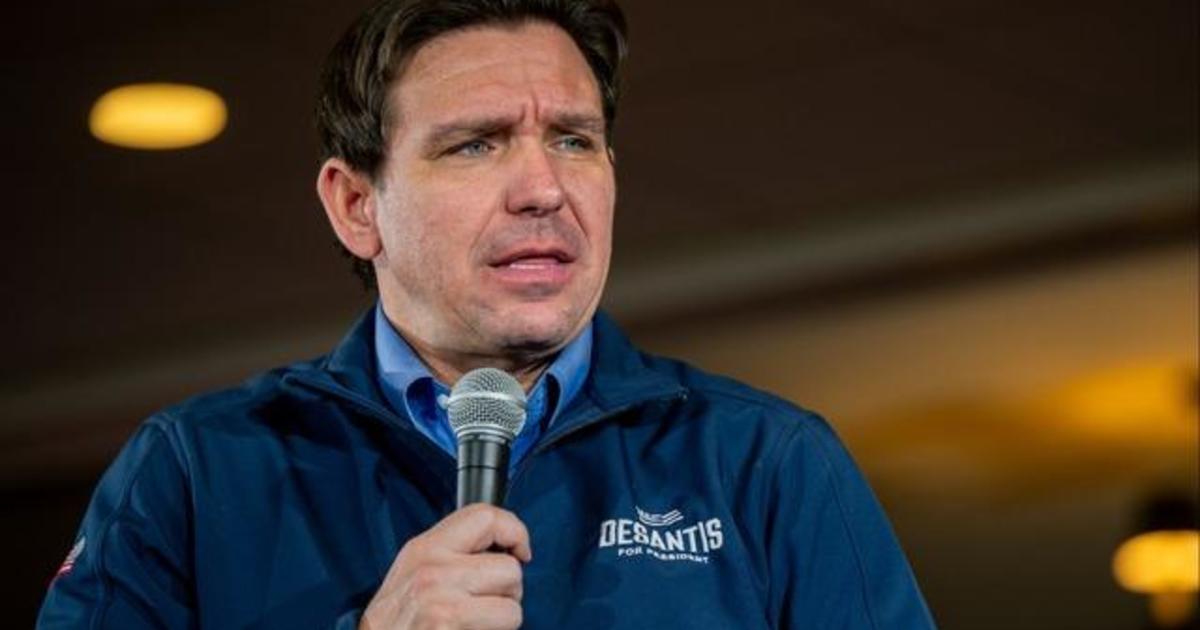In May of last year, Ron DeSantis embarked on his presidential journey, exuding confidence as he promised supporters “the Great American Comeback” on a flag-adorned stage. However, seven months later, the man once dubbed “Trump 2.0” and “Trump without the baggage” has withdrawn from the White House race. DeSantis cited the absence of a “clear path to victory” against the formidable frontrunner, Donald Trump.
Once considered a political rock star for his staunch stance against “woke ideology” and a commendable track record as Florida’s governor, DeSantis faced challenges that led to his downfall. Critics pointed to issues with his perceived lack of charisma, awkwardness with voters, and the overall strategy of his campaign. However, the primary reason for his demise was the formidable opponent he encountered in the form of Donald Trump.
Matthew Bartlett, a Republican strategist from New Hampshire, emphasized that DeSantis struggled to compete against Trump, who enjoyed unwavering support from his followers. Trump, with his established name recognition, abundant resources, and a committed voter base, presented a significant challenge for the Florida governor.
The DeSantis campaign began 2023 on a high note, with the governor posing a substantial threat to Trump. His poll numbers were around 35%, within striking distance of the former president. Momentum was on DeSantis’s side after a record re-election victory as Florida governor in November. Meanwhile, Trump faced criticism for the Republicans’ midterm results.
However, the campaign took a turn for the worse. Delaying the official launch provided Trump with an opportunity to rebuild his image as a political outsider amidst legal issues. By the time DeSantis officially declared his candidacy in May, his poll numbers had slumped to around 20%, while Trump soared above 50%.
David Kochel, an Iowa Republican strategist, highlighted the DeSantis campaign’s late start, stating that it allowed Trump to launch relentless attacks without effective responses from DeSantis’s camp. While DeSantis may have hoped for Trump’s legal troubles to impact his popularity, he refrained from criticizing Trump and often echoed his rival’s claims of being unfairly targeted.
The strategic decision to run to Trump’s right on culture wars, rather than focusing on top voter concerns like economic issues, also played a role in DeSantis’s downfall. The campaign’s emphasis on culture wars left the moderate lane open for Nikki Haley, another contender in the race.
DeSantis’s limitations as a candidate were exposed on the national stage, particularly in comparison to Trump’s larger-than-life persona. His perceived awkwardness and robotic personality failed to resonate with voters, especially in states like Iowa and New Hampshire, where retail politics carries significant weight.
By securing second place in Iowa on January 15, the DeSantis campaign bought itself some time and expressed confidence moving forward. However, by suspending his campaign and endorsing Trump before the New Hampshire and South Carolina primaries, DeSantis opted to exit gracefully without risking damage to his standing with Trump’s followers.
At 45 years old, DeSantis recognizes that this is not the end of his political journey. Supporters like Jack Figge are already looking ahead to 2028, expressing continued support for DeSantis despite the underwhelming campaign result in Iowa.


